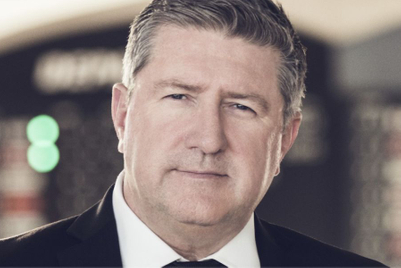
Lenovo’s current operations, including its global supply chain and corporate functions, will be integrated and aligned into two new end-to-end business units:
• Lenovo Business Group (LBG), led by Liu Jun, senior vice-president, will focus on the mainstream consumer/commercial desktop, notebook PC and tablet businesses. Previously, Liu led the company’s mobile internet and digital home (MIDH) businesses.
• Think Business Group (TBG), led by Peter Hortensius, senior vice-president, will focus on premium products in both the commercial and consumer segments, as well as enterprise solutions (such as servers and storage) and work stations. Hortensius previously led the company’s global product group, which was primarily focused on PCs.
The company expects to complete this reorganisation and begin operating under the new structure by April, but "does not anticipate any workforce reductions directly related to this announcement".
In particular, Lenovo's smartphone business has gained momentum in China. Its smartphone market share rose from 1.7 per cent in 3Q11 to 14.8 per cent in 3Q12, making it the number-two brand behind Samsung (16.7 per cent) and ahead of Apple (6.9 per cent).
Chief executive Yang Yuanqing said in the high-end market, the Think unit will also have the best brand assets to compete with Apple.
Smartphones will be incorporated into the LBG unit. Matthew Cheung, principal research analyst at Gartner, predicted that by the end of this year, Lenovo will become the top smartphone vendor in China.
"It is the only local smartphone player that can compete with global top brands in China, thanks to its household brand recognition, nationwide distribution, strong portfolio and reasonable pricing," Cheung said.
"The brand is positioned at the mid-to-lower end, which will drive much of its future growth, and this is where global brands are less competitive".
Yang also said while the company tried to promote the Lenovo brand in mature markets, it only received recognition for its mainstream and low-end products. He believes separating the brand along two distinct themes will enhance the brand in separate market segments.


.jpg&h=334&w=500&q=100&v=20250320&c=1)



.png&h=334&w=500&q=100&v=20250320&c=1)

.png&h=334&w=500&q=100&v=20250320&c=1)

.png&h=334&w=500&q=100&v=20250320&c=1)

.jpg&h=268&w=401&q=100&v=20250320&c=1)






.jpg&h=268&w=401&q=100&v=20250320&c=1)